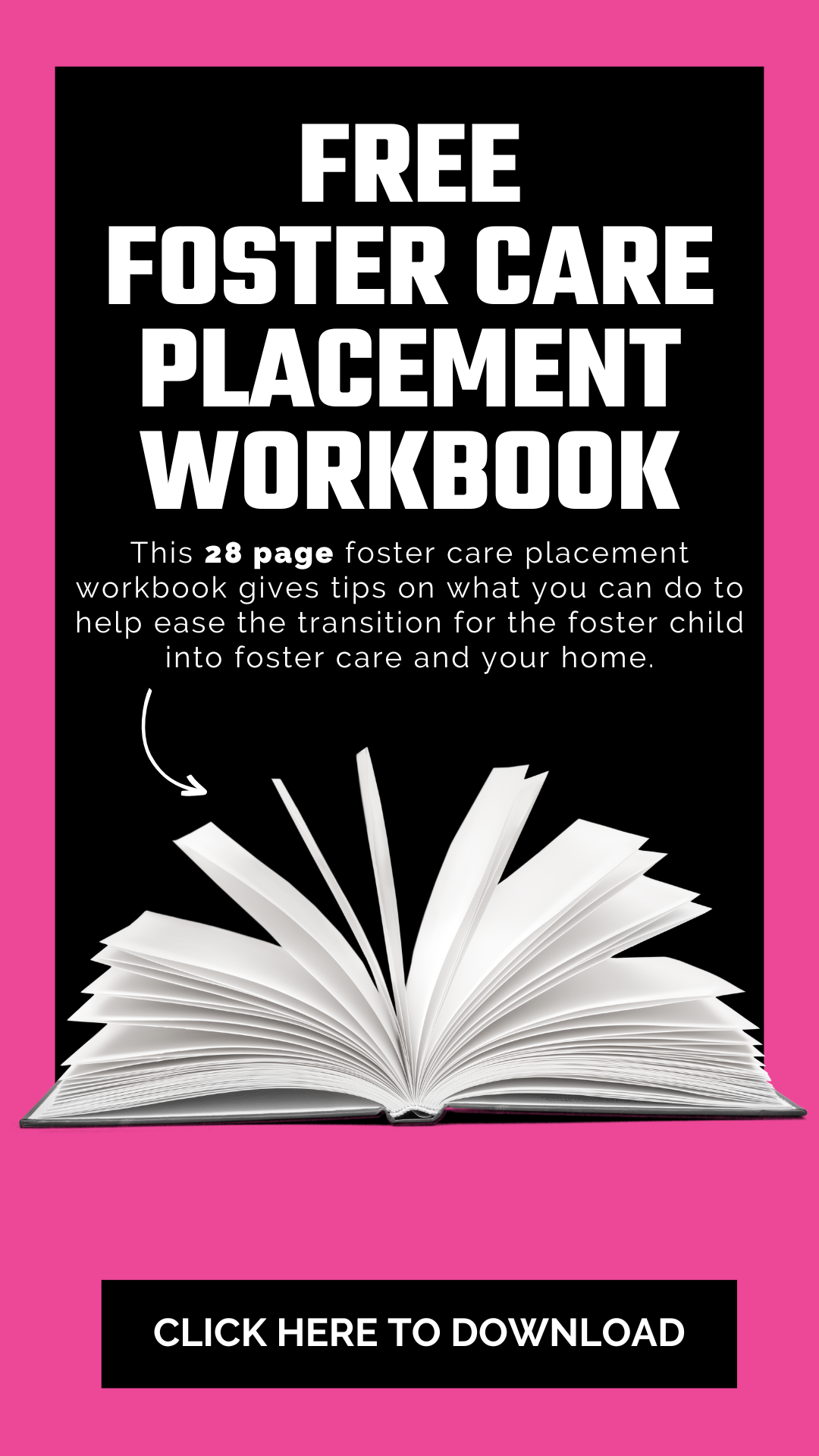
Parenting is hard work. It takes patience, forgiveness, diligence, consistency, unconditional love, and so much more. Parenting a child from trauma is even harder work. Extreme behaviors, intense feelings, and inconsistent moods are common for children of all ages who are in foster care. For foster parents, who are often the witnesses/targets/recipients of these feelings and behaviors, it is heartbreaking to witness innocent children as they cope with big, heavy issues. As a result, foster parents inevitably end up carrying a lot of that stress, too, and do so while trying to manage their own intense emotions in a way that doesn’t lead to “burnout” and greater stress on their families.
So how can you get relief as a foster parent? One answer is through respite care.
Respite is quite literally defined as “a short break from something difficult.” In the foster care world, it basically is a chance for foster parents (and their families) to take a break from the daily foster parenting routines. Sometimes these breaks are absolutely needed due to a child’s intense behavior issues, and some professionals even claim that it helps break the cycle for a child exhibiting intense behaviors.
Other times, respite is needed simply because it isn’t possible to do a planned event like a previously planned trip with the foster child in your care. Whatever the reason, taking a break, giving yourself a chance to decompress for a long weekend or so, or doing something with your family to reconnect is not only completely acceptable when you do foster care, it is encouraged!
Providing respite care is also a really great option for individuals or families who are interested in fostering, but are not sure they can provide a long-term commitment. Since so many foster families could use a break, opening your home as a “respite only” home is an amazing gift for the families who do long-term care. Respite caregivers go through the same training as foster parents, so they are prepared for behavioral outbursts or emotional problems. They also receive a financial stipend through the county to cover basic costs for the days the child/children are in their care. They are, in short, a foster parent – but for only a few days.
Ask your caseworker about respite care, either ongoing or occasional, and how it is run through your agency. Taking breaks and asking for help are sometimes difficult to do as a parent, but doing that can be incredibly important for everyone involved in order to provide the best care possible for children with trauma.


